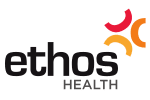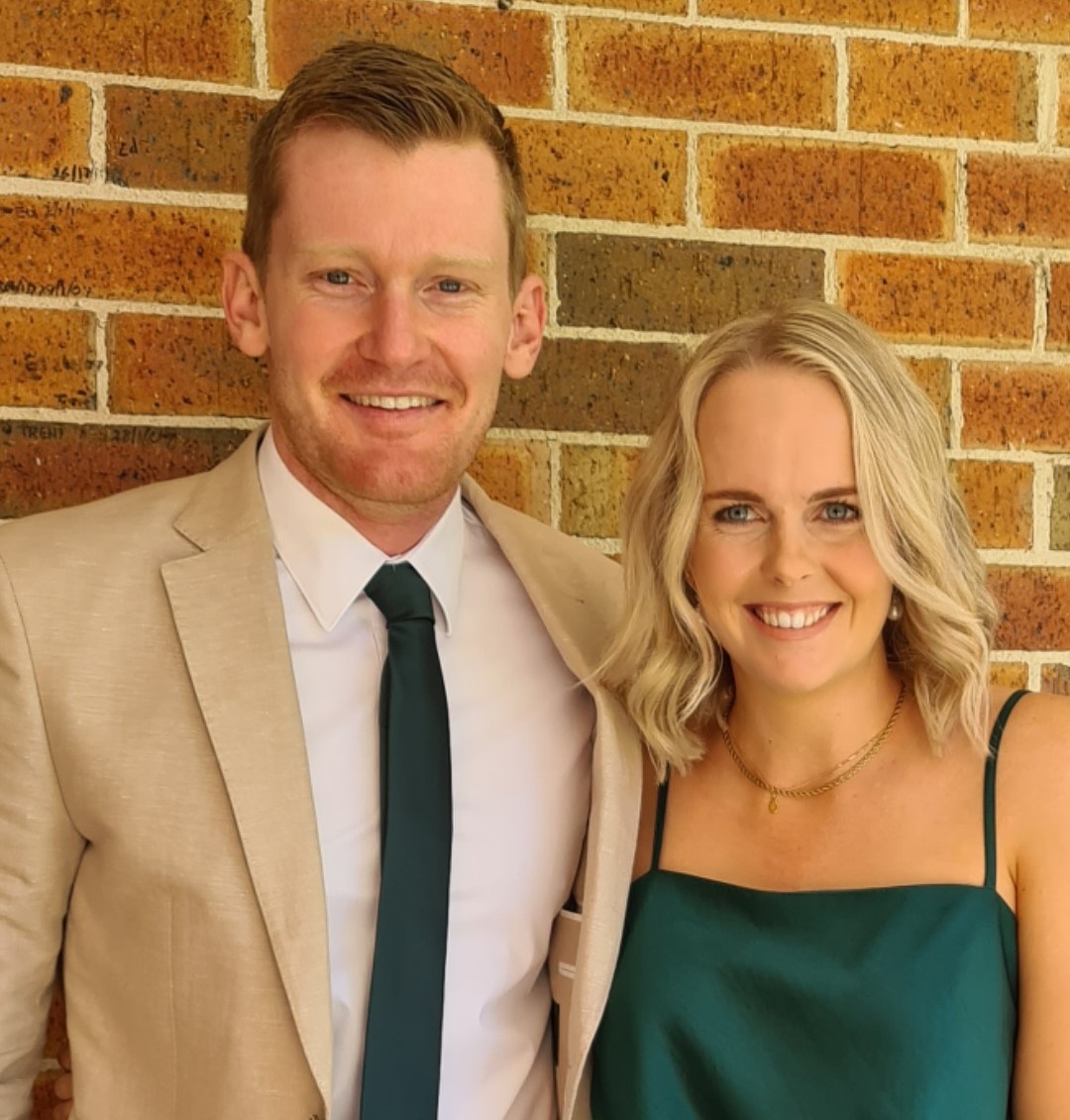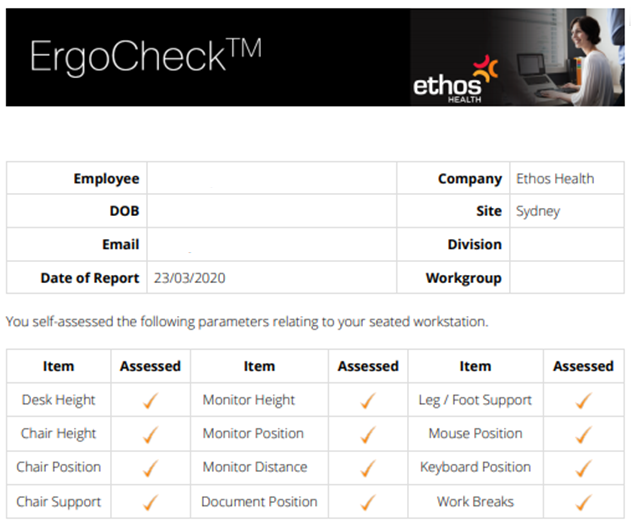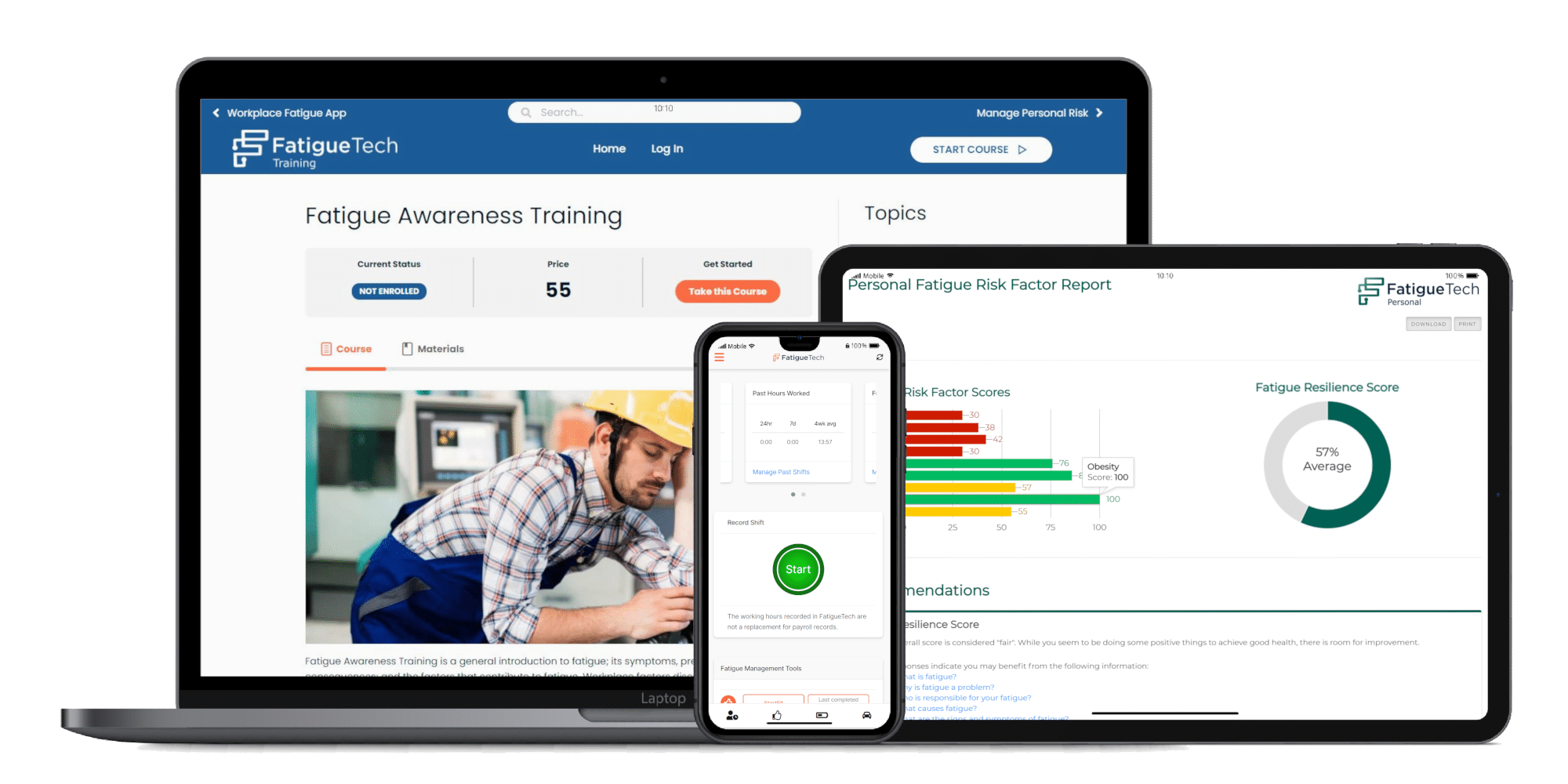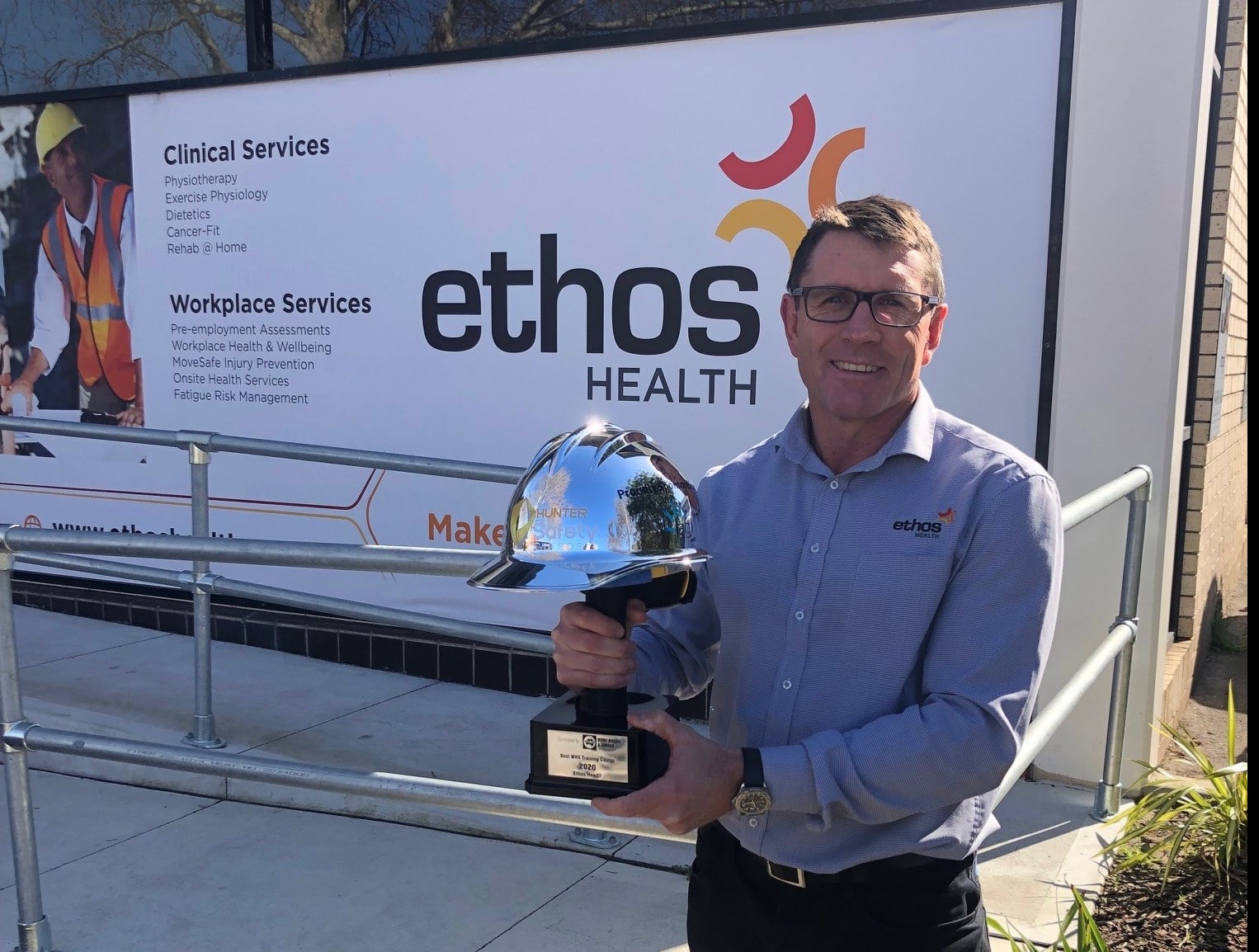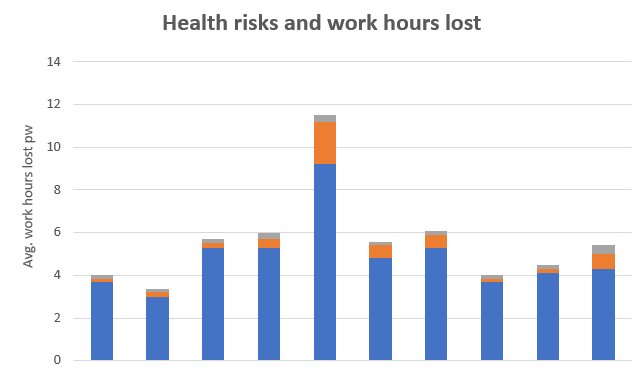Sleep disorders in the workforce

The cost of poor sleep
Sleep is a restorative function of the body, and inadequate quality or quantity of sleep can contribute to increased risk of heart disease, high blood pressure, obesity and type 2 diabetes. Poor sleep health also reduces the brain’s ability to function properly, impacting decision-making and cognitive processing. Disrupted sleep and sleep disorders have a huge economic impact on the Australian economy. Sleep disorders costs Australia $5.1 billion per annum, of which $800 million are direct health care costs and the balance of $4.3 billion largely attributable to lost productivity and non-health costs of motor vehicle accidents resulting in injury and fatality.
Measuring the sleep problem
There are many risk factors for poor sleep hygiene. While duration of sleep is important, other lifestyle habits such as smoking, alcohol consumption, diet, activity, mental health and bodyweight all play a role. Poor sleep hygiene can lead to a tendency to fall asleep during normal working hours, known as Excessive Daytime Sleepiness (EDS). EDS may also indicate that individuals have an underlying sleep disorder requiring attention.
Measuring EDS is one way to identify an individual’s risk of sleep disorders, of which Obstructive Sleep Apnoea (OSA) is one of the most common. OSA affects about 25% of adult males and 10% of adult females. However, it has been suggested that between 80–90% of moderate and severe obstructive sleep apnoea cases are undiagnosed. Measuring the outcome of poor sleep health (a sleep disorder) in isolation is difficult, with around 25% of people with sleep disorders neither experiencing EDS nor complaining about insufficient sleep [1]. The most effective approach to managing sleep health in the workplace is to measure the prevalence of risk factors, symptoms, and sleep disorders, using multiple tools to identify potential sleep health issues.
Screen the sleep health of your workforce
You can streamline the assessment of employee sleep health and sleep habits using Ethos Health’s 3-minute, 3-step online SNAPSHOT Sleep Check.
The Sleep Check uses validated screening tools;
- STEP 1 – Epworth Sleepiness Scale– The Epworth scale is widely used in the field of sleep medicine as a subjective measure of a patient’s sleepiness. It can be used as an indicator for EDS; a high Epworth Sleepiness rating is associated with high probability of sleep disorders
- STEP 2 – Assess Quantity and Quality of sleep
- STEP 3 – STOP BANG Questionnaire – A reliable, concise and easy-to-use screening tool to assess the risk of Obstructive Sleep Apnoea
Participants receive instant individual reports complete with a traffic-light analysis of sleep health and OSA risk, with personalised tips to improve the quality and quantity of their sleep. The Sleep Check tool allows early identification of at-risk individuals and enables early preventative action, helping participants and organisations avoid the health and productivity burden of sleep disorders.
Individual Report

Company Report
At the organizational level, de-identified and aggregated data from the SNAPSHOT Sleep Check will illustrate patterns in sleep risks across the workforce, with capacity to filter by location, department and job role. This allows you to strategically target sleep initiatives in the workplace, examine the benefits of existing programs or initiatives and reassess the impact of changes in policy, programs or other interventions.
| Try the SleepCheck for yourself: Click Here |
If you would like more information on the online Sleep Check please contact us on (02) 4962 8700.
References
[1] Adams et al, 2017, ‘Sleep Health of Australian Adults in 2016: Results of the 2016 Sleep Health Foundation national survey’ Sleep Health, 3(1), pp.35-42.
